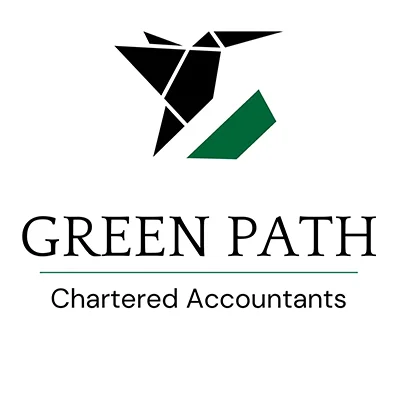Understanding Corporation Tax
Corporation tax is a business tax applied to the annual profits of UK-based companies. It functions similarly to income tax for individuals but applies exclusively to corporate entities.
Since 2016, the corporation tax rate has seen several adjustments. Initially set at 20%, it was reduced to 19% from 2017 to 2020 for all companies. As of April 2023, the rate increased to 25% for companies with profits exceeding £250,000.
For companies with profits under £50,000, the rate remains at 19%. Those with profits between £50,000 and £250,000 are subject to a tapered rate, which gradually increases from 19% to 25%.
Unlike individuals, companies do not receive a personal tax-free allowance – all profits are taxable. However, businesses can reduce their corporation tax liability by claiming allowable expenses, reliefs, and deductions.
Understanding your obligations and planning efficiently can ensure compliance while maximising tax efficiency.
Who Pays Corporation Tax?
Corporation tax is mandatory for all UK limited companies on their taxable profits. However, liability isn’t limited to incorporated businesses. Certain unincorporated organisations may also be required to pay corporation tax, including:
- Members’ clubs, societies & associations
- Trade associations
- Housing associations
How to Register with HMRC ?
After your company has been incorporated, you must register with HMRC as a limited company within three months of starting to trade. Determining whether your company is ‘trading’ can sometimes be complex. HMRC distinguishes between companies that are ‘active’, ‘trading’, ‘non-trading’, or ‘dormant’. Understanding which category applies to your business is essential for ensuring compliance and avoiding penalties.
What You’ll Need to Register
To complete your registration with HMRC, you will be required to provide:
- The date your business started trading (used to set your first accounting period)
- Your company name and Companies House registration number
- The company’s registered address
- A brief description of your business activity
- Your chosen date for your annual accounts
- The names and home addresses of all directors
Timely registration is crucial, as it sets the foundation for meeting your corporation tax obligations.
Corporation Tax Payment
- For companies with taxable profits up to £1.5 million: Corporation tax must be paid nine months and one day after the end of your accounting year. Example: If your financial year ends on 31 March, the payment deadline is 1 January of the following year.
- For companies with taxable profits over £1.5 million: Corporation tax must be paid in quarterly instalments, as outlined by HMRC guidance.
- Corporation tax obligations are tied to your company’s financial year and HMRC’s statutory requirements. Meeting both filing and payment deadlines is crucial to maintaining compliance and avoiding financial penalties.

Corporation Tax Return Submission
Your corporation tax return must be submitted by the statutory filing deadline, which is the later of:
- 12 months after your accounting year-end, or
- 3 months after receiving a notice to deliver a return from HMRC.
Year-End:
The close of your company’s financial period.
+9 Months and 1 Day:
Corporation tax payment due for companies with profits under £1.5 million.
+12 Months:
Corporation tax return must be submitted, unless otherwise specified by HMRC.
Important Notes
- Corporation tax payments are often due before the return is submitted.
- To avoid penalties and maintain good standing with HMRC, it’s essential to ensure accurate filing and prompt payment.
Businesses are encouraged to maintain accurate financial records and consult with a tax professional or accountant to ensure all deadline are met efficiently’.
Don’t spend hours looking for solutions – Contact Green Path Chartered Accountants today.





